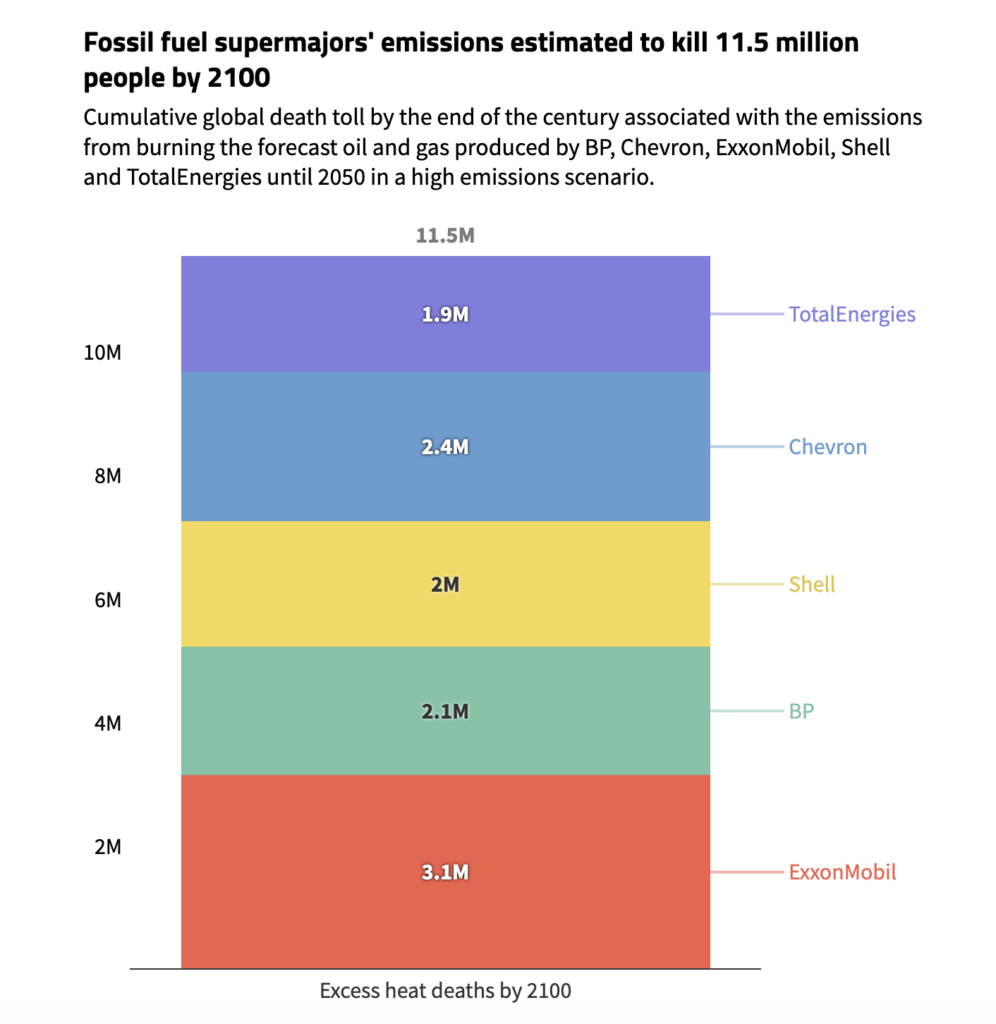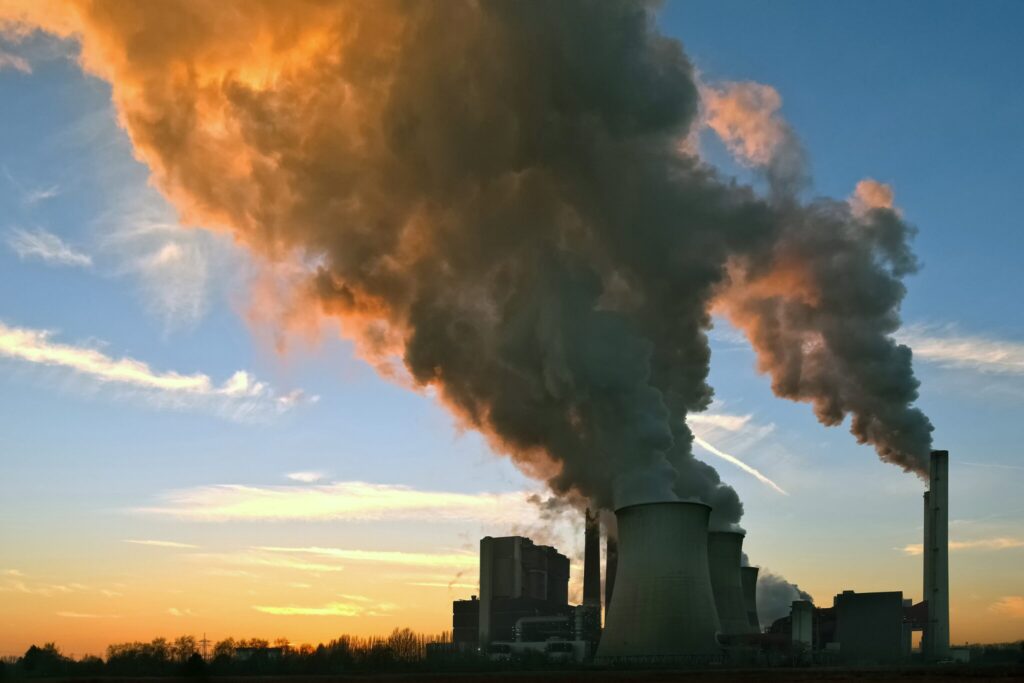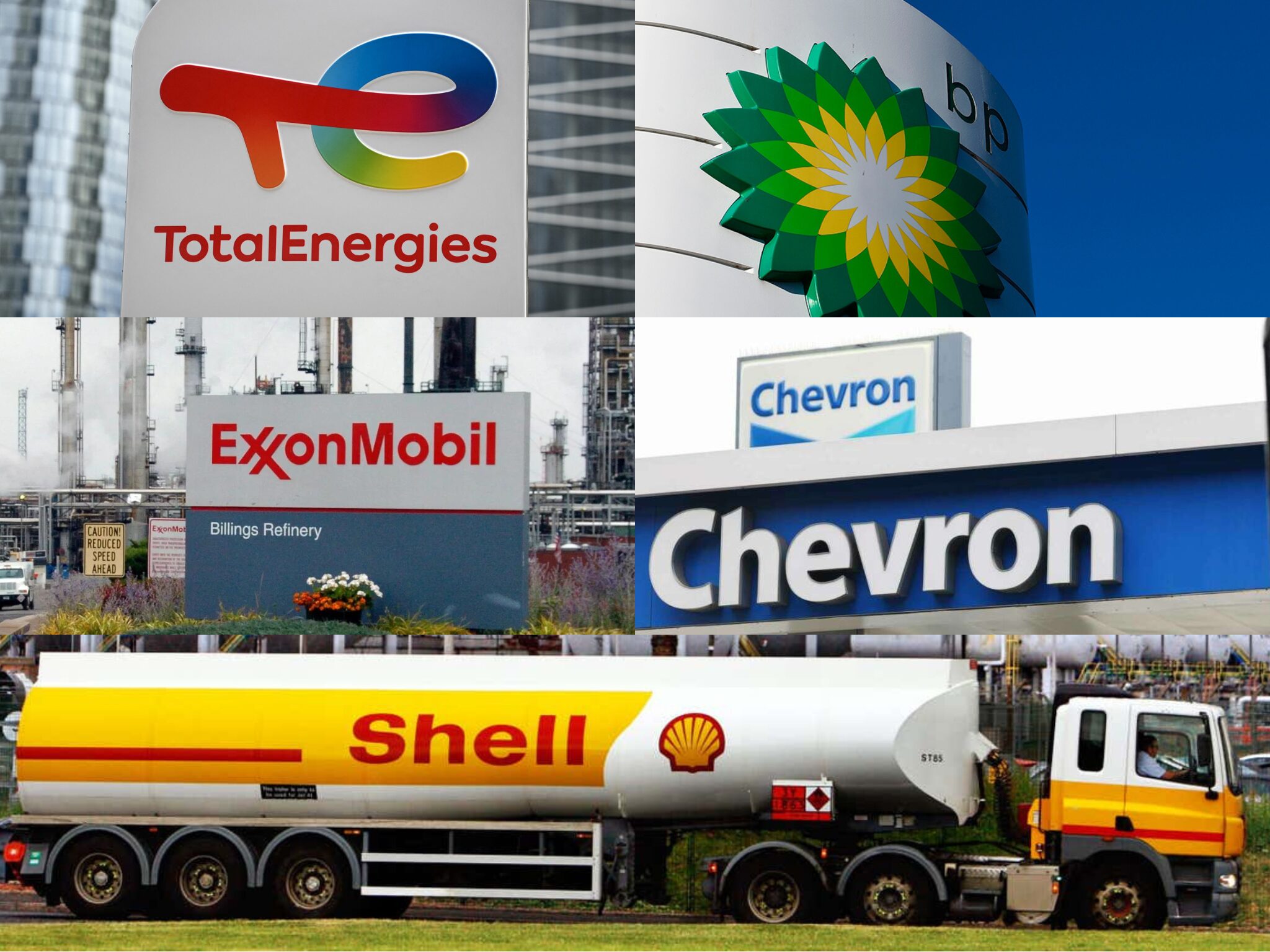Death by Fossil: Oil & Gas Emissions Could Kill 11.5 Million People by 2100
6 Mins Read
Emissions from burning the oil and gas produced by some of the largest fossil fuel companies could cause millions of deaths by the end of the century, according to new research.
Air pollution from fossil fuel use kills five million people worldwide every year, but the effect of oil and gas doesn’t just stop there. The emissions from burning these fuels cause excess heat, and that could be the cause of death for 11.5 million premature deaths before 2100.
That’s according to new research by global non-profit Global Witness, which analysed the impact of the emissions from fossil fuel burning until 2050 by Shell, BP, TotalEnergies, ExxonMobil and Chevron. The analysis marks the first attempt to quantify heat-related deaths as a result of planned fossil fuel production, amplifying calls for a phaseout of these fuels.
“Every 0.1°C of warming will be lethal. Unless the supermajors change course quickly, the death toll will be comparable to some of history’s most brutal wars. We cannot leave it up to them,” Sarah Biermann Becker, senior investigator at Global Witness, told the Guardian. “Governments need to step in, mitigate the impact of extreme heat and urgently ramp up the transition away from fossil fuels.”
Millions will die even if we reach net zero in 2050

In 2022, at least 61,000 Europeans died from extreme heat. Such lethal heatwaves have hit nearly every continent in the last few years – and in the US alone, the number of heat-related deaths rose by 95% between 2010 and 2022. Fossil fuels are the leading contributor to planet-heating emissions globally, and between 1991 and 2018, over a third of the nearly 30 million heat-related deaths worldwide were linked to climate change.
To measure the impact of fossil fuels on heat deaths, Global Witness used two datasets. The first was a Columbia University model assessing the mortality cost of carbon – the link between carbon emissions and heat-related deaths. In a high-emissions scenario – essentially, a business-as-usual situation where we only pursue the climate policies currently in place – this model estimates that every one million metric tonnes of carbon emitted in 2020 will cause an additional 226 excess temperature-related deaths over the next 80 years.
The second metric used was data from analysis firm Rystad Energy to calculate the fossil fuel production and emissions of these five companies, finding that together, they would add 51 billion tonnes of carbon dioxide emissions to the atmosphere by 2050 – that’s twice the current emissions of China, the US and India altogether. Combining this with the high-emissions scenario from the Columbia University model, the researchers ended up with the 11.5 million figure.
But even in a low-emissions situation, where the world dramatically cuts emissions to reach net zero by 2050, this number would still stand at 5.5 million. And as outlined by multiple other studies, this will hit lower-income countries and individuals the hardest – the Global North is responsible for 92% of our excess emissions, but 91% of all temperature-related deaths occur in developing countries mostly in the Global South. This is why Global Witness calls it a climate justice issue.
“We’re already seeing the impacts of heat stress on workers around the world, particularly on people in outdoor or heavy-duty industries such as agriculture and construction,” Shouro Dasgupta, an environmental economist at the Euro-Mediterranean Center on Climate Change, told the Guardian. “This will likely get much worse as the planet continues to heat up. We need labour protection policies that are tailored to local needs rather than a one-size-fits-all approach. This isn’t just a moral question – it’s also in the economic interests of employers to provide adequate protection for their workers.”
Fossil fuel companies akin to drug or arms dealers

Global Witness’s analysis comes a few months after fossil fuels were the most talked about topic at the annual UN climate conference in Dubai, which was helmed – ironically – by the chairman of the UAE national oil company, who said during the summit that there’s no science that a fossil fuel phaseout would help achieve the 1.5°C goal, a statement that was met with fierce criticism from climate scientists as well as UN officials.
COP28 failed to include a fossil fuel phaseout in its final resolution, instead promising a “transition away” from oil and gas. This was thanks to intense lobbying from industry groups, which Global Witness believes has slowed down the transition to renewable energy. The non-profit grappled with the question of who is ultimately responsible for these deaths.
“When a company spills lethal chemicals into a river, and harms people, we hold it legally responsible,” it noted, adding that DuPont has paid out hundreds of millions for polluting drinking water with chemicals, and whether this extends to carbon emissions that lead to millions dying is an argument fossil fuel companies will be concerned about. But they could argue that they don’t burn much of the fuel they produce, and that societies, individuals and governments are responsible. “It’s certainly true that the line of responsibility between carbon emissions and deaths from extreme heat is not as simple and direct as that of a chemical spill into a river,” the organisation said.
However, it is these companies solely responsible for digging up these fossil fuels – in the past few months, ExxonMobil and Chevron have poured in over $100B into new oil and gas reserves, while TotalEnergies plans to increase production too. BP and Shell, meanwhile, have weakened their climate pledges.
In response, TotalEnergies said it didn’t agree with the analysis, specifically the emissions caused by its oil and gas burning, claiming that there’s “fundamental bias” when the blame for these emissions is dished out. It did not acknowledge the mortality cost of carbon either, and said it is investing in new oil projects to offset the “natural decline” in current production to meet expanding global demand.
TotalEnergies said it was investing in renewable and low-carbon energy too, a stance BP and Shell also took. BP stated that it has not set oil and gas production plans beyond 2030, so it did “not know how Rystad Energy has generated its predictions out to 2050” and rejected the validity of these calculations.
Shell, meanwhile, told the Guardian: “The pace of transition depends on action in many areas, including government policy, changing customer demand and investment in low-carbon energy. Our aim is to play our part in a balanced energy transition, where the world achieves net zero emissions without compromising on delivery of secure and affordable energy, which has improved so many lives, and which people will continue to need today and for many years to come.”
But the current situation was best summed via an analogy by Global Witness, which said companies are digging up fossil fuels “eyes wide open in the face of a mountain of evidence documenting the suffering and death” that oil and gas cause. “Drug dealers will claim that they aren’t to blame for drug addictions, and arms dealers will claim that they don’t kill people – that they’re simply supplying people with products they want,” it said. “Fossil fuel firms saying they’re not responsible for the emissions from their products is a similar line of argument.”
And in a similar vein, researchers from advocacy group Public Citizen are now promoting a legal theory that claims fossil fuel companies in the US could be put on trial for homicide for climate-related deaths.



